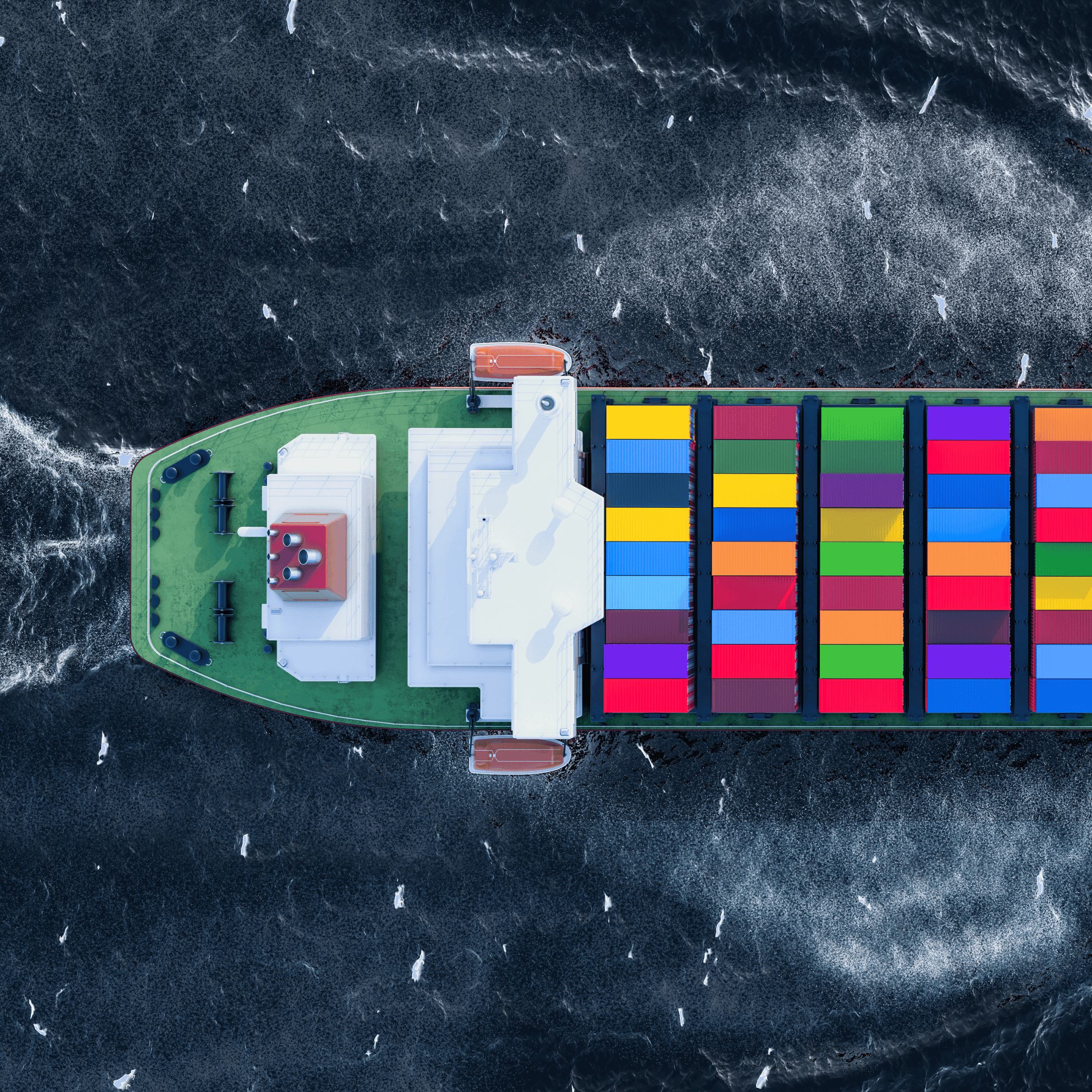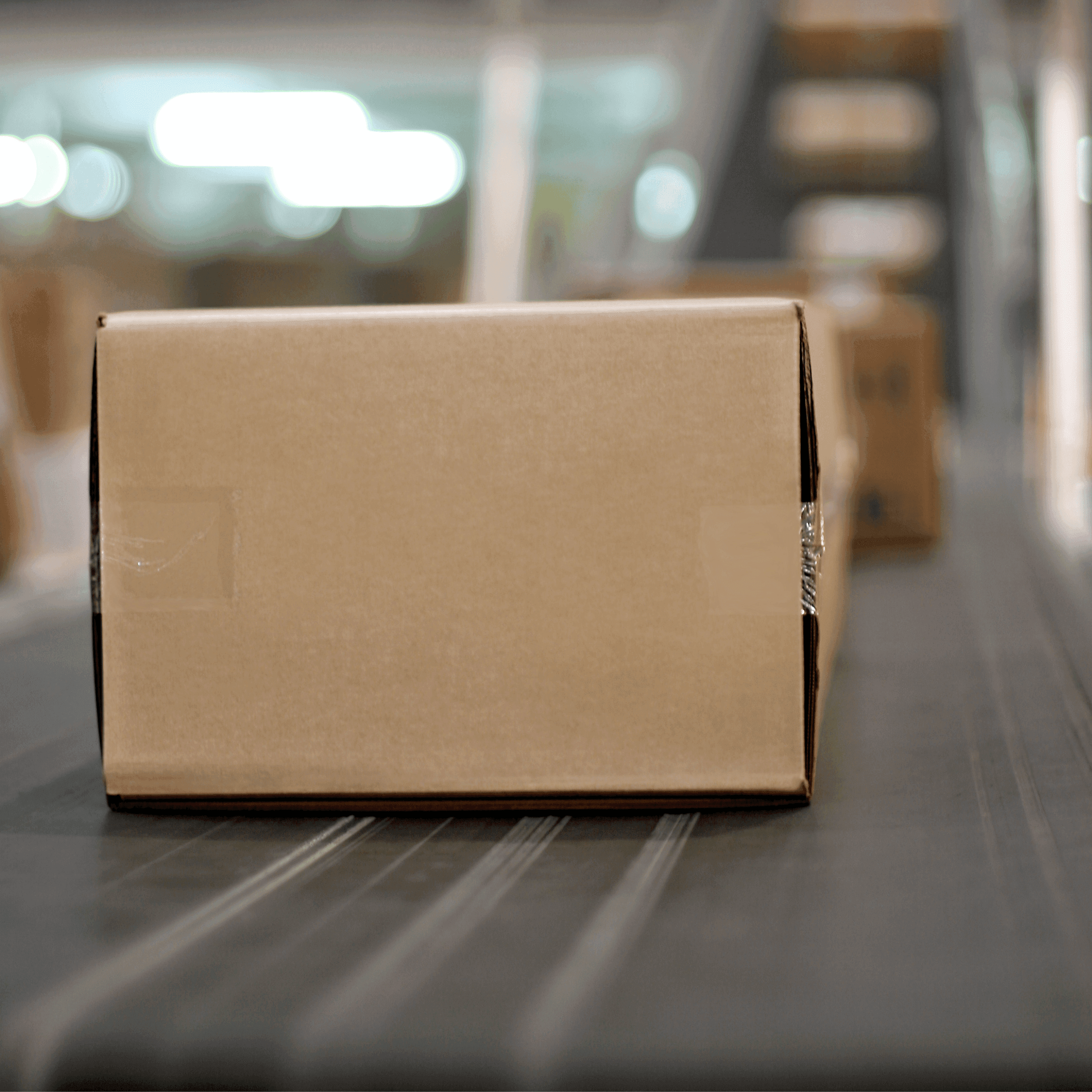For food and beverage brands, protecting perishable inventory isn’t just a precaution—it’s a critical business requirement. With rising ecommerce sales, supply chain disruptions, and increasingly complex storage and transportation needs, the risk of spoilage or product loss is higher than ever. That’s where inventory insurance and ecommerce insurance come into play.
In this guide, we’ll break down how perishable goods can be insured, which policies are essential, and what food and beverage brands should consider when evaluating coverage options.
Why Perishable Inventory Needs Specialized Protection
Unlike durable goods, perishable inventory has a limited shelf life and is highly sensitive to temperature changes, humidity, transportation delays, and mechanical failure (e.g., refrigeration breakdowns). A single power outage or shipping error can result in thousands of dollars in spoiled product.
Without proper insurance, these losses fall entirely on the business.
Key Risks to Perishable Inventory
Food and beverage brands face unique operational risks, including:
- Spoilage due to equipment failure (e.g., broken freezers or refrigeration units)
- Power outages affecting cold storage facilities
- Delayed shipments causing product to expire in transit
- Contamination from recalls, improper handling, or exposure
- Natural disasters like floods or hurricanes damaging inventory in storage
- Theft or vandalism at warehouses or fulfillment centers
Standard commercial property insurance often excludes these types of losses or fails to provide adequate protection. That’s why inventory-specific and ecommerce-focused policies are essential.
Types of Insurance for Perishable Inventory
Here are the most important insurance options food and beverage brands should explore:
1. Inventory Insurance
Inventory insurance covers the value of your stored goods in the event of loss, damage, or spoilage. For perishable items, it can include:
- Temperature-sensitive coverage for refrigerated or frozen goods
- Spoilage insurance caused by power failure or mechanical breakdown
- Transit inventory protection for goods en route to retailers or customers
Make sure your provider understands the nature of your products—frozen, refrigerated, or shelf-stable—and offers terms that match your risk profile.
2. Product Recall Insurance
Recalls are costly and can severely impact brand trust. Product recall insurance helps cover:
- Notification costs
- Product retrieval
- Disposal
- Legal fees
- Business interruption losses
This is especially critical for ecommerce brands shipping direct to consumer, where traceability and rapid response are crucial.
3. Cargo Insurance
For food and beverage companies shipping goods domestically or internationally, cargo insurance protects inventory while in transit. It’s particularly important for:
- Importers of fresh or frozen foods
- DTC brands using third-party fulfillment centers
- Exporters relying on refrigerated containers (reefers)
Cargo insurance can be structured to cover loss due to spoilage, theft, or customs delays.
4. Equipment Breakdown Insurance
Since much of the food and beverage supply chain depends on cold storage, any breakdown in cooling equipment can lead to major losses. This policy covers:
- Mechanical or electrical breakdowns
- Resulting spoilage or product damage
- Replacement or repair costs for equipment
If you run your own fulfillment operation or warehouse, this is essential coverage.
5. Ecommerce Insurance
For digitally native food brands and Shopify sellers, ecommerce insurance protects against broader risks including:
- Lost or damaged shipments
- Fraudulent chargebacks
- Website liability
- Business interruption from platform outages
This type of coverage can be bundled with inventory and product liability protection to create a complete risk management plan for online sellers.
Questions to Ask When Choosing Perishable Inventory Coverage
When evaluating insurance policies, food and beverage brands should ask:
- Is spoilage due to power outage or mechanical failure included?
- Does the policy cover goods in storage and in transit?
- What’s the maximum payout per occurrence and annually?
- Is refrigerated equipment explicitly named in the policy?
- Does the coverage extend to third-party logistics providers (3PLs)?
- Is ecommerce loss—like stolen packages or fraud—also covered?
Not all providers understand the nuances of the food and beverage sector. Be sure to work with an insurance broker or provider who specializes in inventory insurance for perishable goods.
Best Practices for Minimizing Perishable Inventory Risk
While insurance is essential, prevention is equally important. Here are best practices to reduce spoilage and strengthen your claim position:
- Install remote temperature monitoring in all cold storage locations
- Use 3PLs with validated food-grade certifications and backup power systems
- Track expiry dates and inventory turnover closely
- Maintain detailed documentation for compliance and claims
- Regularly test refrigeration and backup generators
Insurers often offer better rates to businesses that demonstrate strong risk management protocols.
Insurance is Your Safety Net for Perishable Products
In the fast-moving world of food and beverage ecommerce, protecting perishable inventory is non-negotiable. By combining inventory insurance, cargo coverage, recall protection, and ecommerce liability insurance, brands can safeguard their products, reputation, and revenue.
Whether you're shipping frozen smoothies, gourmet sauces, or fresh meal kits, having the right insurance in place ensures your growth won't be derailed by unexpected losses.






